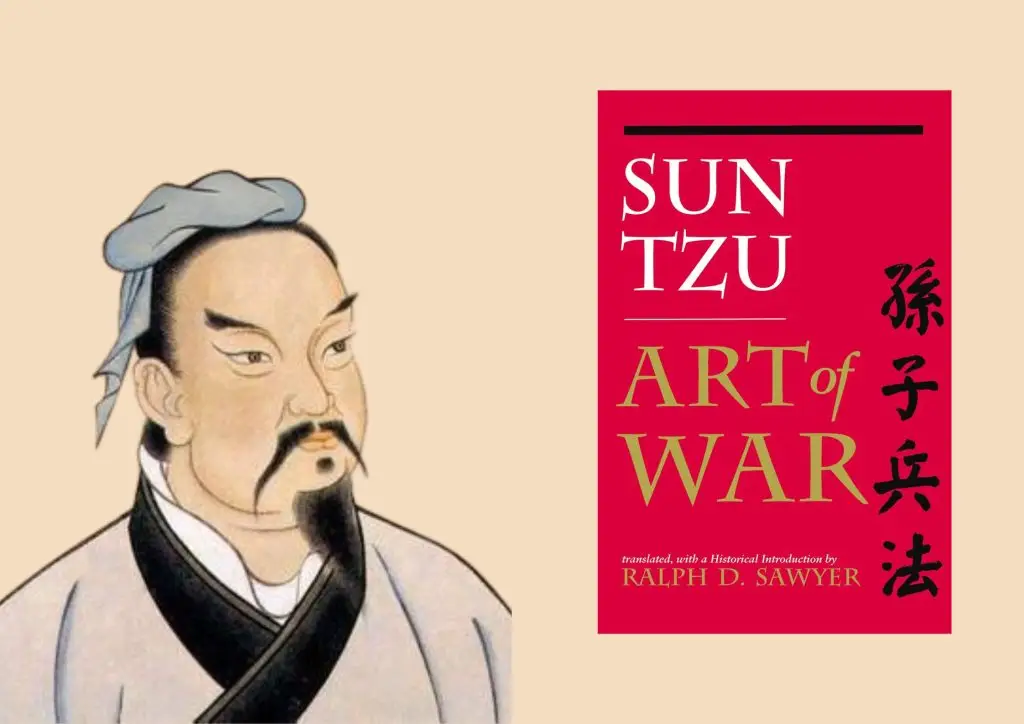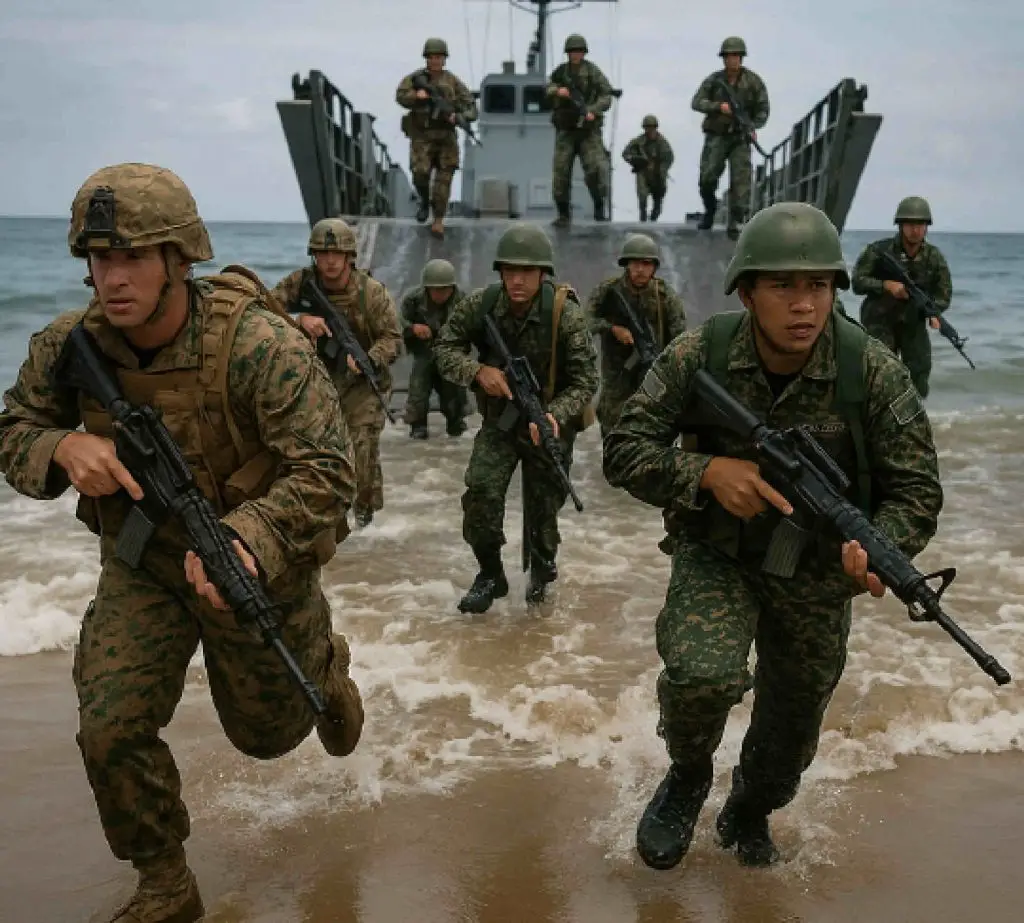
How China’s maritime strategy in the South China Sea reflects Sun Tzu’s Art of War—achieving dominance through shaping operations, deception, and lawfare without firing a shot.
How Sun Tzu Influences Xi’s Thinking On Maritime Disputes
Although there is no definitive evidence that Xi Jinping ever formally studied The Art of War by Sun Tzu, it is highly likely he is familiar with it. The text is a cornerstone of Chinese strategic thought, widely studied in military, political, and business contexts throughout China and many other countries. As a leader steeped in Chinese history and Maoist ideology, Xi would almost certainly be aware of its principles, even if indirectly through advisors or Party education.
Xi’s policies – like emphasizing control, long-term planning, and psychological tactics in diplomacy – echo some of Sun Tzu’s ideas, such as winning “without fighting” or “knowing the enemy”. His decision-making could also stem from Marxist-Leninist influences, which dominate CCP training, but TAOW’s cultural and strategic relevance in China makes Xi’s views on geopolitical policies mirroring those in the book quite probable.
Chapter 3, Verse 2 of The Art of War states, “To subdue the enemy without fighting is the acme of skill.” This strategy can be seen in China’s approach to the South China and West Philippine Seas, emphasizing strategic maneuvering and “shaping operations” rather than direct military confrontation. China’s actions, such as militarizing islands and deploying maritime militia, aim to create a perceived advantage and deter potential opposition, aligning with Sun Tzu’s emphasis on using deception and maintaining a flexible, adaptable strategy.
Winning without fighting
China’s focus on building islands, deploying advanced military equipment, and asserting its claims through “lawfare” reflect a strategy of achieving objectives without resorting to large-scale military action, a key principle of TAOW.
Shaping Operations
China’s activities in the South China Sea, such as land reclamation and the deployment of military assets, aim to shape the strategic environment in its favor, creating a situation where other claimants may be less willing to challenge its actions.
Deception and Strategic Maneuvering
Sun Tzu emphasizes deception and the importance of exploiting the enemy’s weaknesses. China’s use of maritime militia and the deployment of advanced assets in disputed waters can be seen as part of a broader strategy to confuse and deter potential adversaries, rather than engaging in direct confrontation.
Know the enemy, know yourself
Sun Tzu highlights the importance of understanding both oneself and the adversary. China’s actions in the South China Sea, while assertive, also reflect a careful assessment of its own capabilities and the reactions of potential opponents.
By deploying resources and utilizing its economic influence, China seeks to achieve its objectives in the South China Sea without resorting to direct military conflict, a strategy that aligns with Sun Tzu’s principles of emphasizing strategic flexibility over tactical advantage.
Countries impacted by such strategies would be advised to study The Art Of War and the various manners in which Sun Tzu’s dictates, strategies and philosophical approaches to the application of military power as an instrument of Chinese power projection are being


